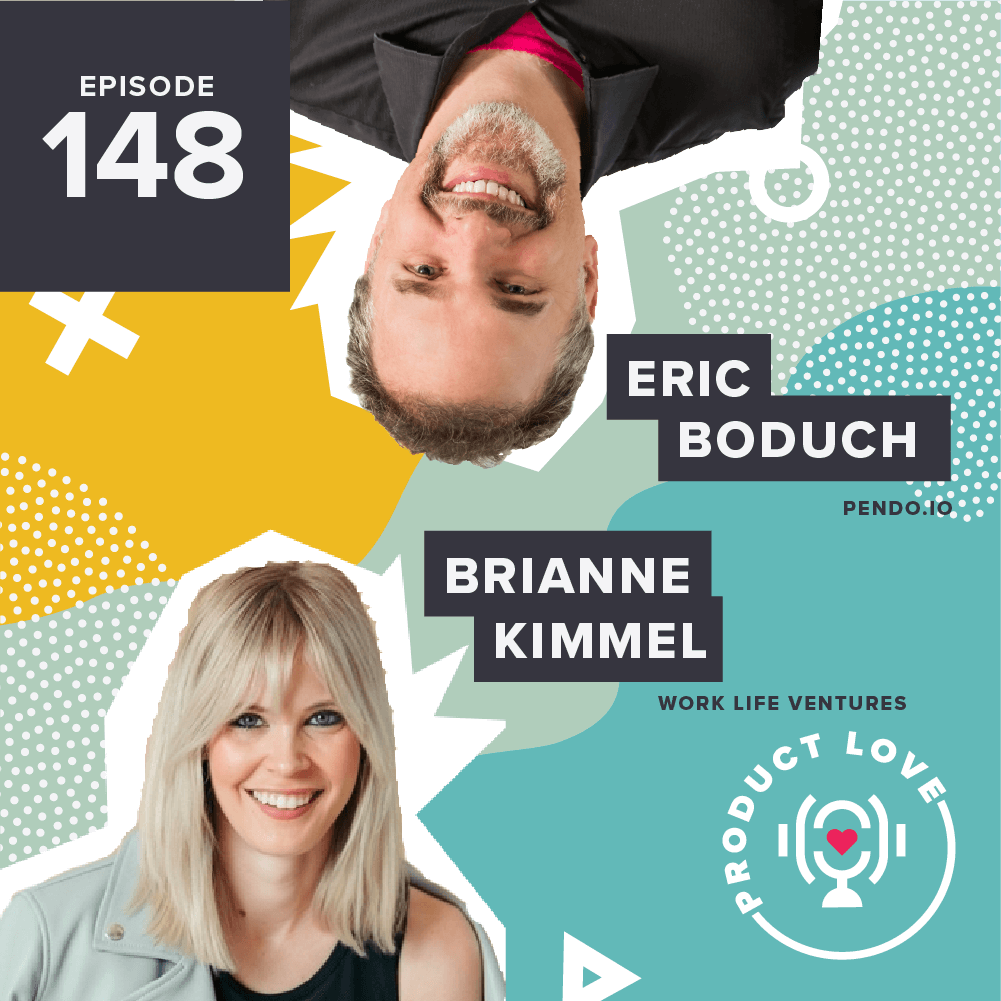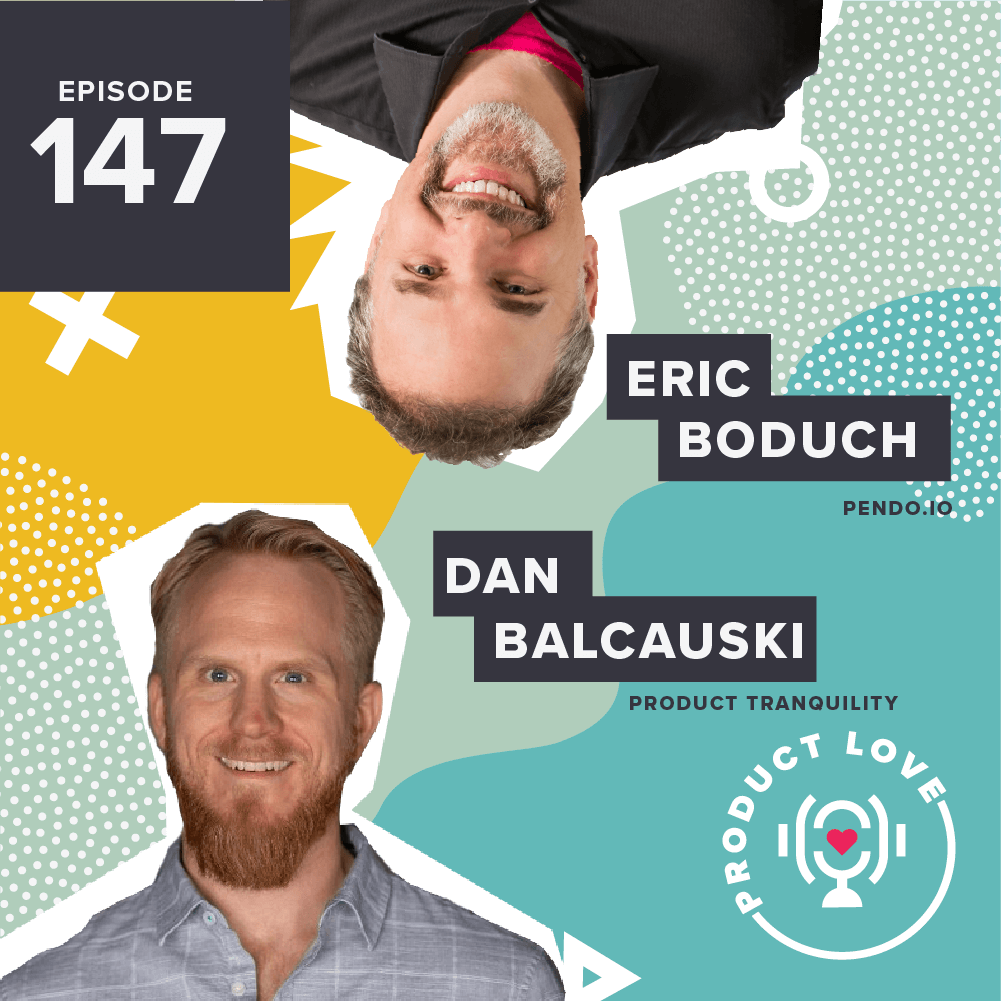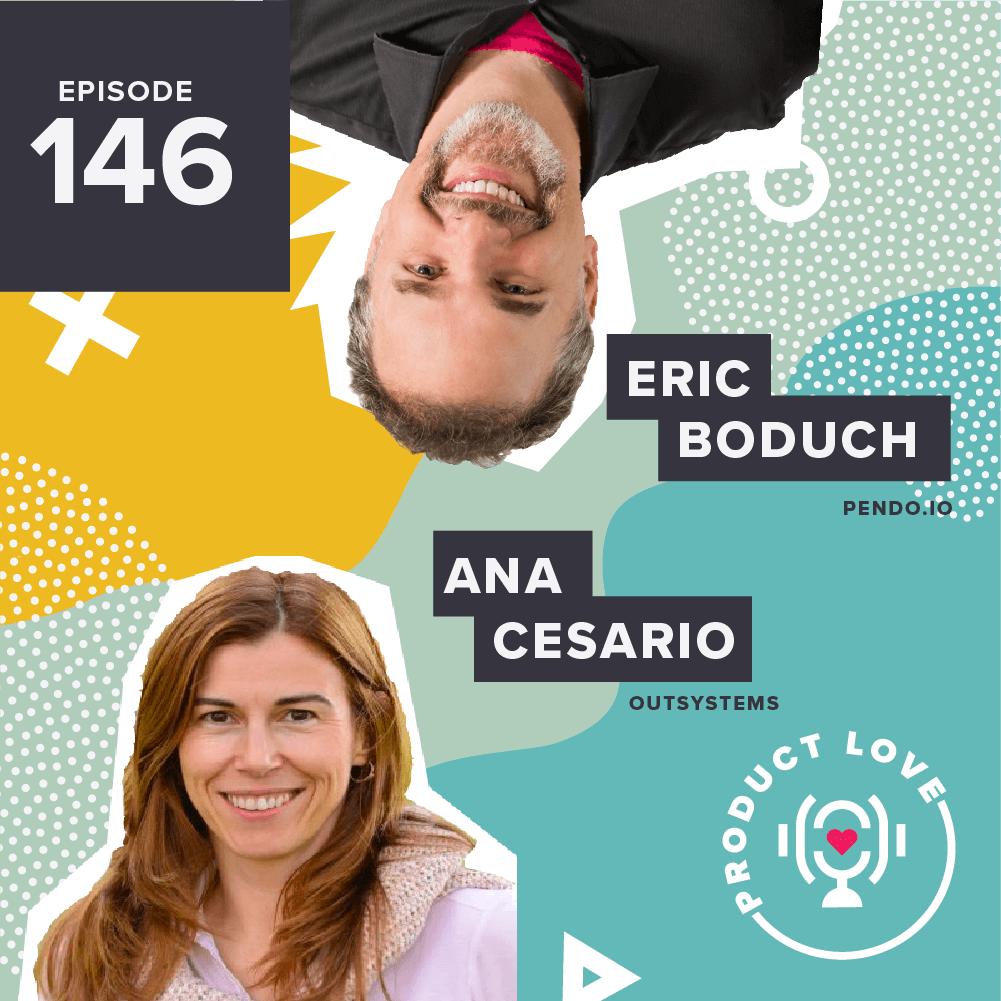This week on Product Love, a podcast about product, I sat down with Kirsten Butzow, who is so prolific in her work that it’s hard to easily introduce her. Kirsten has more years of experience as a product management leader than almost anyone I know and has served in senior product management roles at a diverse set of companies, including Fujitsu, Pearson, and Blackboard. She is now a certified instructor and product coach with Pragmatic Marketing, and a speaker at many of the leading product events around the world. She’s also an esteemed member of the ProductCraft debate club.
“Products are our make-or-breaks.”
We started our conversation by talking about how to build high-performance product organizations since velocity is a topic very close to Kirsten’s heart. She advocates for integrated teams – the only way to push forward as a team is for members to learn from each other, and in order to do so, they need to be fully integrated and have good clarity on their roles.
Despite her veteran status in the field, she points out that technology product management is still in its infancy, and is evolving rapidly. Until recently, for example, Chief Product Officers may have existed, but they typically reported into marketing or engineering. Increasingly, CPOs report directly to the CEO, a welcome change in her opinion. (Kirsten also discussed this particular development on a panel at Pendomonium 2018, which you can watch here).
In the latter half of our chat, we turned to a discussion about gender diversity in tech. For 17 years, Pragmatic Marketing has been running an annual “Product Management and Marketing Survey,” and remarkably, there has been almost no shift in the male/female ratio in product management roles. Despite the fact that internet users are majority female, products continue to be built mostly by men. I think Kirsten sums up this issue perfectly with this question:
“How can we build remarkable products if we don’t have a diverse perspective within our organizations?”


